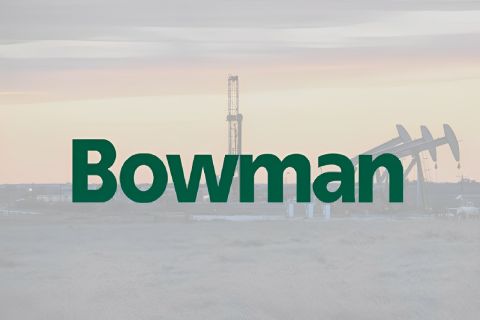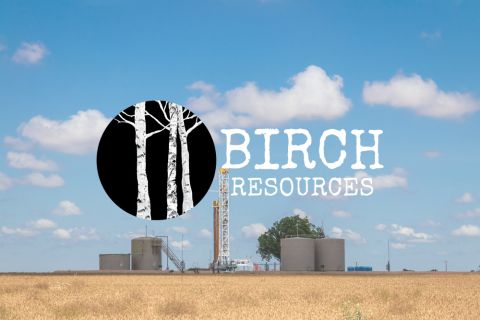Some 10% of industry employees today were born since 1982, the average age of industry personnel is 49, and some 50% of geoscientists and petroleum engineers will be eligible for retirement within the next five years. This is according to a study by Deloitte Consulting LLP. "The gap between accelerated growth of upstream companies and available talent to do the work is widening at an alarming rate," says James R. Sowers, director, Deloitte Consulting human capital advisory services. "We already are seeing some companies turning away exploration and production projects for lack of available employees. If left unchanged over the longer term, this trend could significantly impact oil and gas production." The talent crisis is a result of an evolving build-up of several factors, including an aging workforce, cutbacks and layoffs due to industry M&A, and the industry's difficulty in drawing and keeping new, young talent, the firm reports. There were some 1,200 college graduates in related oil and gas majors in 1990 in the U.S.; by 2002, less than 292. Born-post-1982 prospective employees are sensitive to work environment, quality of life and purpose. It is critical that companies incorporate these values into their organizational culture, Sowers says. "Upstream companies seem to have an inability to effectively attract that age demographic into this booming industry that is rich with opportunities. Additionally, even when lured into the right degree programs, they don't sign on and stay for the same reasons as earlier generations." He suggests nonfinancial incentives that include active learning opportunities, an effective organizational environment and collaborative, interactive working styles. "Gen-Y needs to be engaged on their terms if we are going to attract and retain the talent that the industry needs."
Recommended Reading
Baker Hughes Defies Nature with an Upgrade to Ol’ Fashioned Cement
2024-10-15 - Baker Hughes’ InvictaSet uses regenerative capabilities to provide operators with a sustainable cement solution that can last for years.
E&P Highlights: Oct. 14, 2024
2024-10-14 - Here’s a roundup of the latest E&P headlines, including another delay at one of the largest gas fields in the world and two major contracts in West Africa.
Bowman Consulting to Manage, Monitor Delaware Basin Wells
2024-10-14 - Bowman Consulting Group’s scope of work includes conducting detailed field surveys of above-ground infrastructure assets across well sites of up to to 8 acres.
KBR Awarded Engineering, Procurement Contract by Shell
2024-10-14 - KBR said it will provide engineering and procurement services for Shell's onshore portion of Manatee gas field project in Trinidad and Tobago.
Hot Permian Pie: Birch’s Scorching New Dean Wells in Dawson County
2024-10-14 - Birch Resources is continuing its big-oil-well streak in the Dean formation in southern Dawson County with two new wells IP’ing up to 2,768 bbl/d.
Comments
Add new comment
This conversation is moderated according to Hart Energy community rules. Please read the rules before joining the discussion. If you’re experiencing any technical problems, please contact our customer care team.





